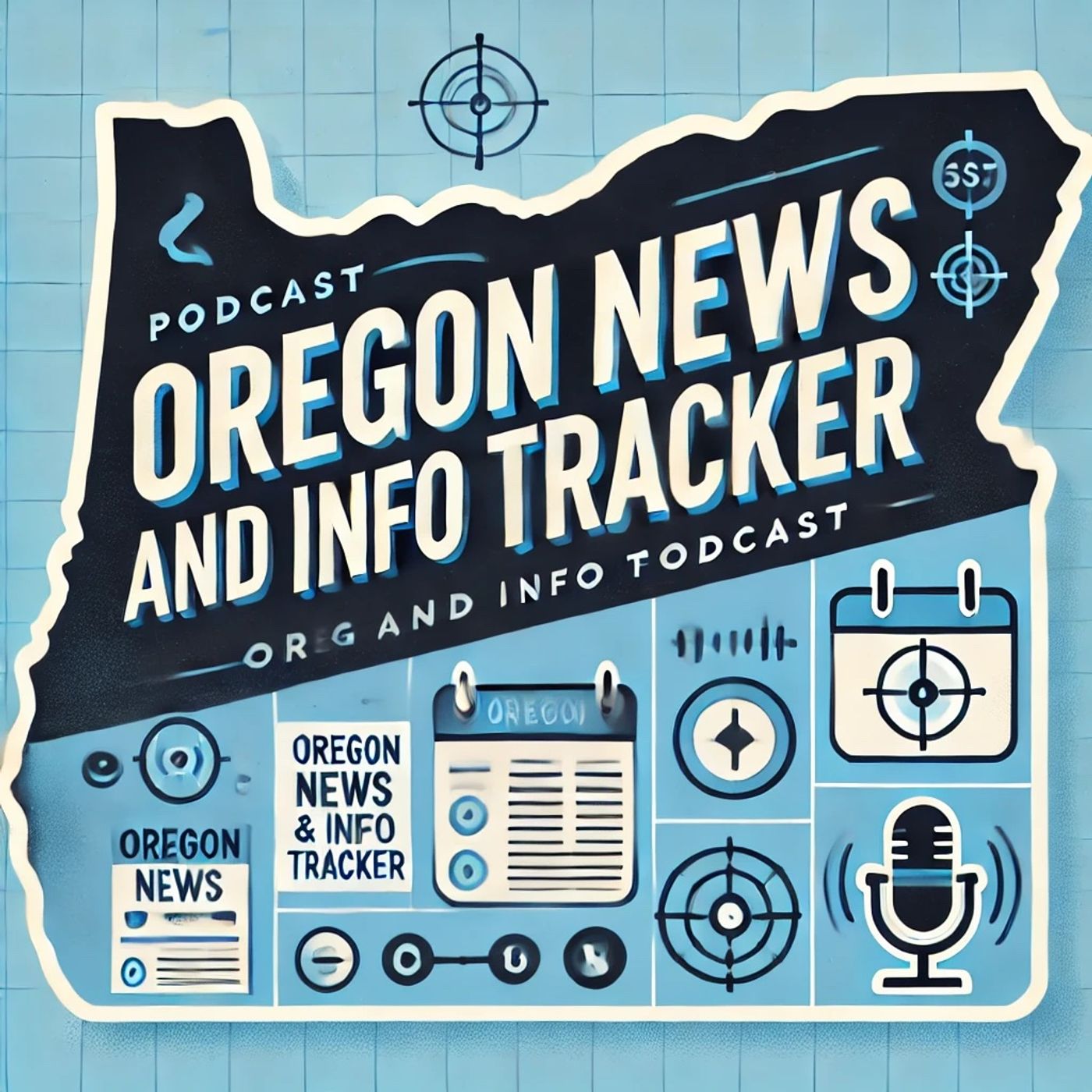Feb 02 2025 2 mins
Oregon's legislative session is off to a busy start, with over 2,500 bills introduced in the first few weeks. Among the top headlines, a bipartisan effort to delay Oregon's Advanced Clean Trucks (ACT) rule has gained attention. House Bill 3119, which would postpone the implementation of California's stricter electric vehicle truck regulations until 2027, had its first public hearing on January 30[1].
In other government and politics news, Governor Tina Kotek has emphasized the need for bipartisan cooperation, particularly on issues like housing, education, and climate change. She has proposed expanding where and how "missing middle" housing, such as duplexes and triplexes, can be constructed[2].
On the economic front, Oregon's economic and revenue forecast suggests a positive outlook, with growth and inflation expected to be near 2% in 2025. The state's economic activity has shown a tighter correlation with national trends, indicating a "soft landing" post-pandemic[3].
In community news, education and infrastructure projects are on the horizon. However, specific details on these initiatives are still emerging. Public safety remains a concern, but no major developments have been reported recently.
Environmental and weather updates include a seasonal climate forecast indicating slightly cooler than average temperatures and near-normal precipitation for February. However, there is a huge variation among analog years, suggesting volatile weather patterns[4].
Looking Ahead:
- The Senate Committee on Labor and Business will hear Senate Bill 916, which proposes unemployment benefits for striking workers, on February 6[1].
- The legislative session will continue to address a wide range of issues, including housing, education, and climate change, with a focus on bipartisan cooperation.
- Economic indicators will be closely watched to ensure Oregon's economy continues on its positive trajectory.
In other government and politics news, Governor Tina Kotek has emphasized the need for bipartisan cooperation, particularly on issues like housing, education, and climate change. She has proposed expanding where and how "missing middle" housing, such as duplexes and triplexes, can be constructed[2].
On the economic front, Oregon's economic and revenue forecast suggests a positive outlook, with growth and inflation expected to be near 2% in 2025. The state's economic activity has shown a tighter correlation with national trends, indicating a "soft landing" post-pandemic[3].
In community news, education and infrastructure projects are on the horizon. However, specific details on these initiatives are still emerging. Public safety remains a concern, but no major developments have been reported recently.
Environmental and weather updates include a seasonal climate forecast indicating slightly cooler than average temperatures and near-normal precipitation for February. However, there is a huge variation among analog years, suggesting volatile weather patterns[4].
Looking Ahead:
- The Senate Committee on Labor and Business will hear Senate Bill 916, which proposes unemployment benefits for striking workers, on February 6[1].
- The legislative session will continue to address a wide range of issues, including housing, education, and climate change, with a focus on bipartisan cooperation.
- Economic indicators will be closely watched to ensure Oregon's economy continues on its positive trajectory.
